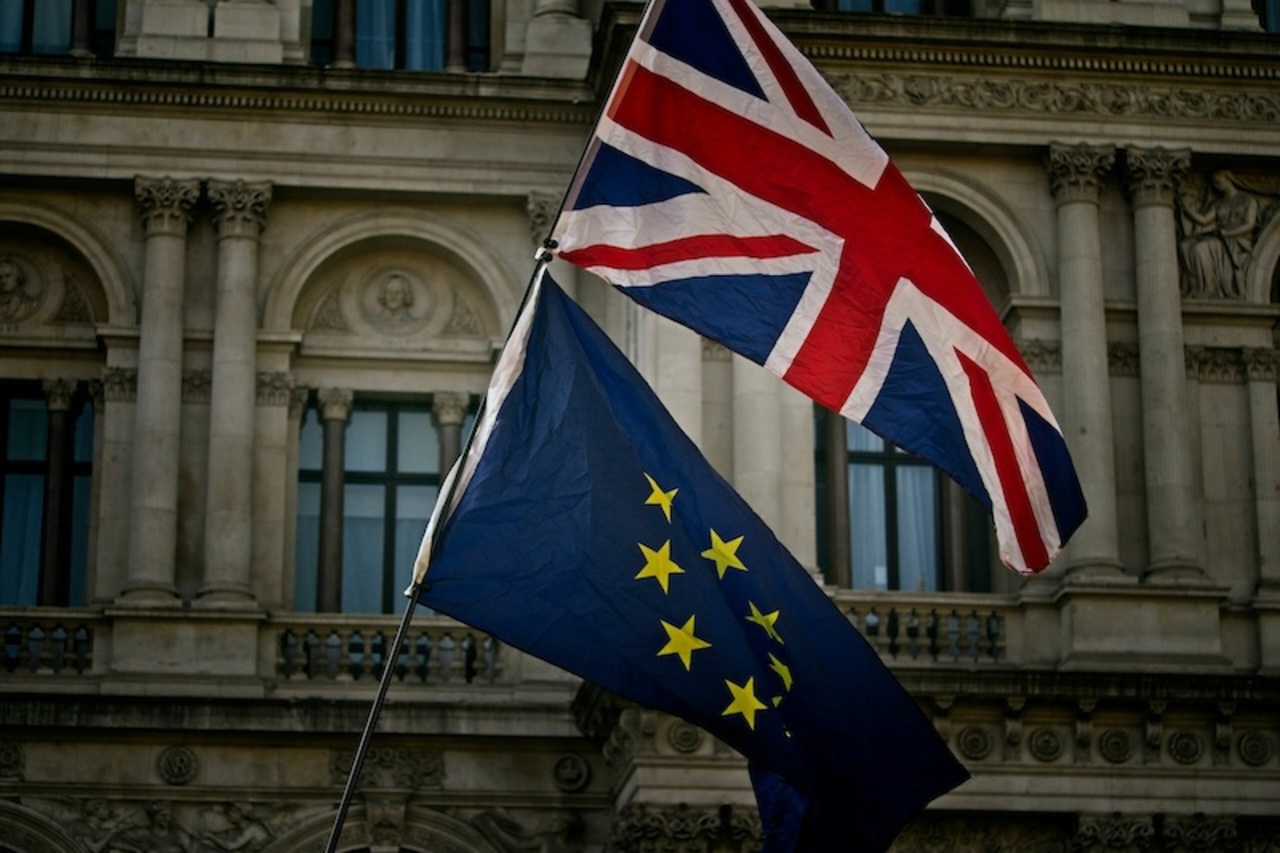Will Brexit buffer the British auto industry?

What will happen to the British auto industry after Brexit according to Bloomberg
The auto industry averted disaster with the post-Brexit deal between the UK and the European Union "but not before carmakers announced factory closures and canceled plans to produce several new vehicles in the country Bloomberg underlines that, despite the agreement reached between Brussels and London, there is still room for further damage to the sector.
CUSTOMS AND COMPONENT PROBLEMS
"Carmakers, including Nissan, may have difficulty qualifying some UK-built models for duty-free export to the EU, and are considering being able to source enough components locally," he said. Bloomberg -. The costs associated with having to change suppliers and the costs of customs declarations, certifications and audits could still leave automotive companies convinced that it is better to invest elsewhere ”.
THE BRITISH CAR INDUSTRY EMPLOYS ALMOST A MILLION PEOPLE
The Brexit deal eliminates the risk of a widespread corporate exodus, but it may still not be enough for automakers that have too little room for maneuver to incur higher expenses. Any further spillover could have major implications for the UK economy. The country's auto industry employs more than 860,000 people, over a fifth of whom work in vehicle and parts factories. Last year, car manufacturers sent 42.4 billion pounds ($ 57 billion) of cars and components overseas, 13% of the country's total exports.
“The domestic market is unlikely to compensate for the loss of overseas sales. Registrations fell three consecutive years before being decimated by the pandemic, with a 31% decline in the period up to November, ”notes the financial daily.
NISSAN AND HONDA AT RISK. FOR THE MOMENT KEEP ELECTRIC AND HYBRID
According to Bloomberg, Nissan and its Japanese colleagues are the companies to watch after the deal. The outlook was already bleak before the Brexit agreement was reached: “The company recently decided not to build an electric model at its factory in the north of England and almost two years ago abandoned plans to build a other sports vehicle on the same site. Honda Motor Co. will close its only UK car plant next year. The hybrid and electric models of Nissan and Toyota Motor built in England have been left alone with Brexit, with the agreement allowing a greater percentage of vehicles from outside the UK or the EU to enter. However, the so-called initial rules of origin require 10 percentage points more local content than is required by the UK ”.
RULES OF ORIGIN
Petrol and diesel cars must be produced with at least 55% local content to avoid duties, 5 percentage points higher than what is required by car manufacturers and the UK. Electric vehicles and hybrids will need 40% local content, 10 percentage points more than what the UK requires.
Until 2023, batteries can have up to 70% overseas content, and electric and hybrid vehicles can have up to 60% foreign content.
From 2024 to 2026 – when European battery production is expected to be further ahead – batteries could have 50% overseas content and electric vehicles and hybrids 55% foreign content.
THE SITUATION FOR NISSAN AND TOYOTA
“It is unclear whether Nissan's all-electric leaf doors built in Sunderland have enough local content to avoid taxes. While Nissan welcomes the trade deal, it will now 'assess the detailed implications for our operations and products,' spokeswoman Azusa Momose told Bloomberg .
The compact Toyota Corolla hybrid and combustion engine cars built in Burnaston will qualify for duty-free export to the EU, company spokesman Sonomi Aikawa said, adding that the company will benefit from its engine plant in Wales.
In any case, recalls the financial newspaper, electric vehicles will have another six years to bring their amount of foreign content below 45%, while gasoline and diesel cars will be kept immediately below the threshold.
THE OTHER HOUSES
Other car manufacturers have postponed investments in British factories pending the outcome of the negotiations. BMW has delayed work on a next-generation Mini platform due to uncertainties over the UK's trade relations with the EU. CFO Nicolas Peter said this month BMW will consider producing Mini in Germany or China if tariffs undermine the UK manufacturing business.
PSA Group CEO Carlos Tavares signaled that in March the carmaker Vauxhall would check commercial matters for its factory in Ellesmere Port, and that the company could possibly ask the UK government to compensate for any trade barriers that might arise.
This is a machine translation from Italian language of a post published on Start Magazine at the URL https://www.startmag.it/mondo/brexit-tamponera-lindustria-automobilistica-britannica/ on Sun, 03 Jan 2021 06:28:49 +0000.
